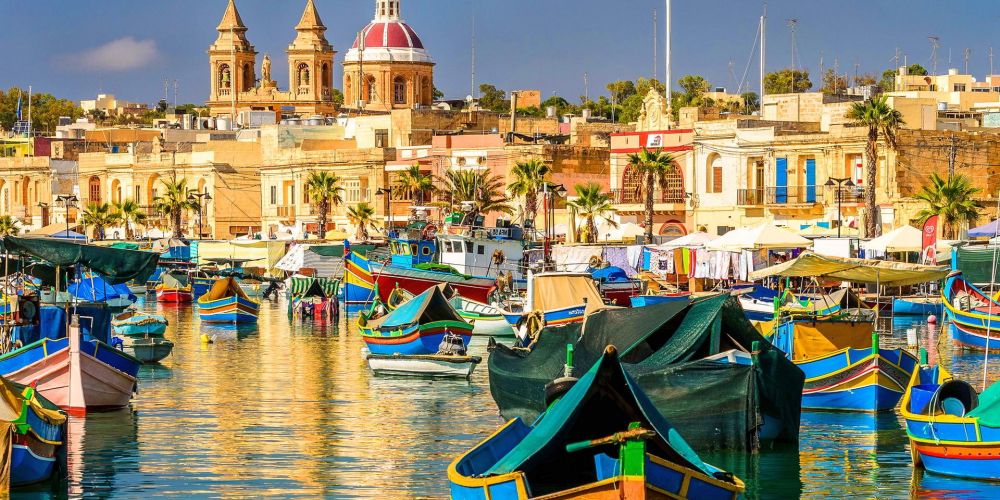Portugal
Buying real estate worth at least €500,000 will get you a “golden visa” in Portugal, and you’ll only have to be resident in Portugal for seven days in the first year, then 14 days for subsequent two year periods. Stamp duty is 0.8 per cent and is calculated on the value of the contract exchanged or the value of the house, whichever is the greater.

Spain
Spain’s ‘golden visa’ programme has been running since 2013, granting family residency, including EU Schengen travel, with a property investment of €500,000. It has to be renewed every two years, then permanent residency is granted after five, and the occupier no longer needs to live in Spain to retain the visa after 10 years. EU/EEA residents pay 19 per cent tax on rental income, while everyone else pays 24 per cent.

Malta
Malta has no wealth, inheritance, capital gains or annual property taxes, although foreigners are taxed on income from work sourced in Malta. Foreign nationals can purchase a second home if the value exceeds €107,670 for apartments and €179,400 for houses and stamp duty is also set at five per cent. Individuals and families can gain full EU citizenship if they invest at least €1.15m in the country. They must have been resident in Malta for at least a year before being granted citizenship.

Italy
Capital Gains tax from selling properties within five years of purchase is 20 per cent, while gross rental income after expenses is 15 per cent. Interestingly, a tax relief of 24 per cent is permitted for renovating old buildings but must gain the approval of the local Italian tax office first. Stamp duty on second homes is nine per cent. Italy doesn’t have a ‘golden visa’ programme for real estate investors, but permanent residency can be gained by demonstrating an annual income of €100,000, which is reduced to €35,000 after a large property investment. According to a Spotlight on Italy report published this month by Savills, transactions increased by 18 per cent in 2016, their highest level since 2012. The 2017 Italian budget also introduced a new nom-dom tax regime that’s a flat substitute tax on foreign income.











